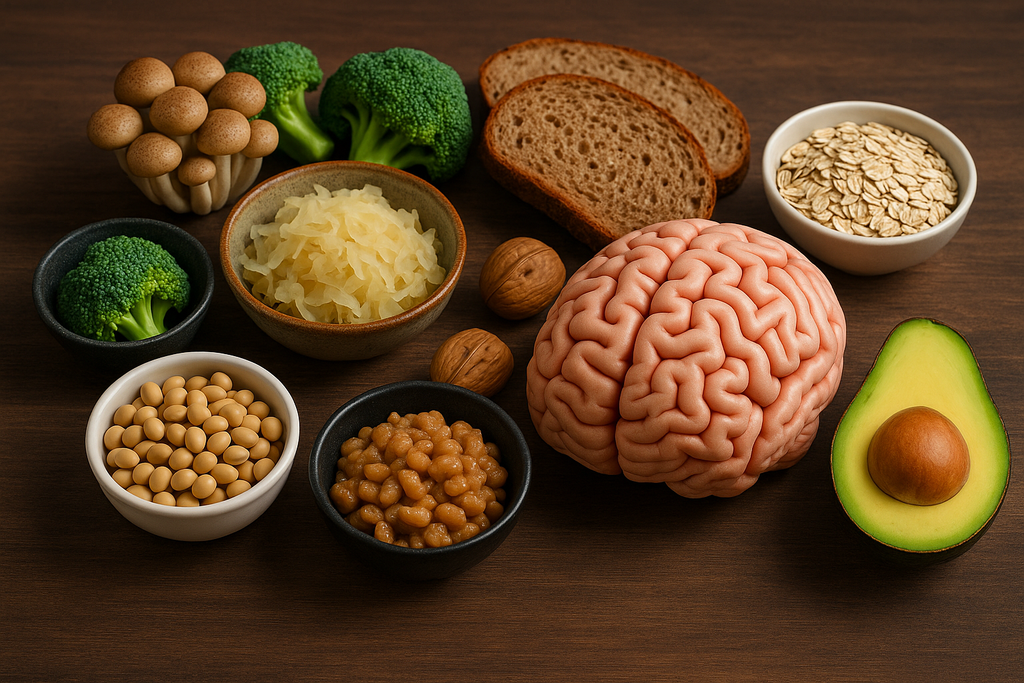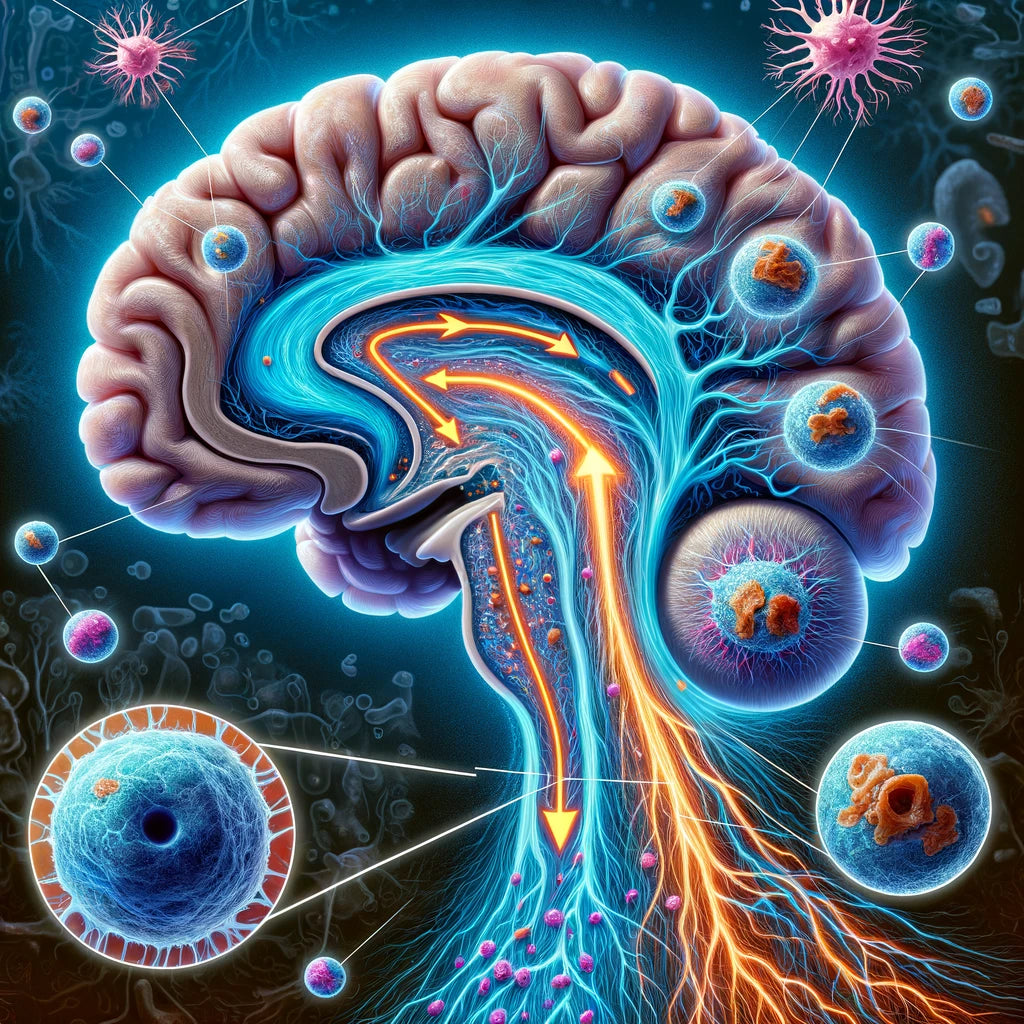News — Alzheimer's prevention
Foods That Prevent Cognitive Decline: Why Polyamines Are the Missing Link
Alzheimer's prevention anti-aging foods autophagy brain detox brain food cognitive health dementia diet fermented foods gut-brain connection healthy aging memory loss prevention mental clarity foods natural nootropics neuroprotection nutritional neuroscience plant-based brain foods polyamines spermidine spermidine supplements spermine
As the global population ages, cognitive health is becoming an increasingly important topic. From Alzheimer’s disease to age-related memory loss, the quest for preventive strategies has intensified—and diet plays a crucial role. Among the many nutrients and compounds linked to brain health, a class of naturally occurring compounds called polyamines has recently gained attention for their potential to slow or even prevent cognitive decline.
Polyamines, such as spermidine and spermine, are found in various foods and play a vital role in cellular growth, gene expression, and neuroprotection. Emerging research shows that polyamines may support cognitive longevity by enhancing autophagy (the body’s natural cell-cleaning process), reducing inflammation, and protecting neurons from degeneration. In this article, we explore the science behind polyamines and identify the top foods that can help preserve brain health as we age.
The Role of Glymphatic System in Neurodegenerative Diseases
alpha-synuclein Alzheimer's disease Alzheimer's prevention amyloid-beta clearance brain detoxification Brain Health brain health interventions brain waste removal cerebrospinal fluid glymphatic dysfunction glymphatic function glymphatic pathways glymphatic research glymphatic system neurodegeneration neurodegenerative diseases Parkinson's disease Parkinson's treatments sleep and brain health sleep quality
The glymphatic system is an essential component of the body’s waste-clearing mechanism, especially within the brain. It operates like a network of channels that allows cerebrospinal fluid to flush out harmful waste products from brain tissue. Given the importance of maintaining healthy brain function, the glymphatic system's ability to efficiently remove metabolic waste is vital. In recent years, its connection to neurodegenerative diseases, such as Alzheimer’s, Parkinson’s, and other forms of dementia, has become an intense area of research. Understanding how the glymphatic system operates and its potential dysfunction could open up new avenues for treatments targeting brain health.
As we age, the efficiency of this waste-clearing system can decline, contributing to the buildup of proteins and other toxins in the brain. Many neurodegenerative diseases are linked to these accumulations, leading scientists to speculate that an impaired glymphatic system may be a contributing factor. In this article, we’ll explore the function of the glymphatic system, its mechanisms, and how its impairment might be involved in the development of neurodegenerative diseases. We’ll also look into emerging research on therapies aimed at improving glymphatic function to combat brain disorders.


